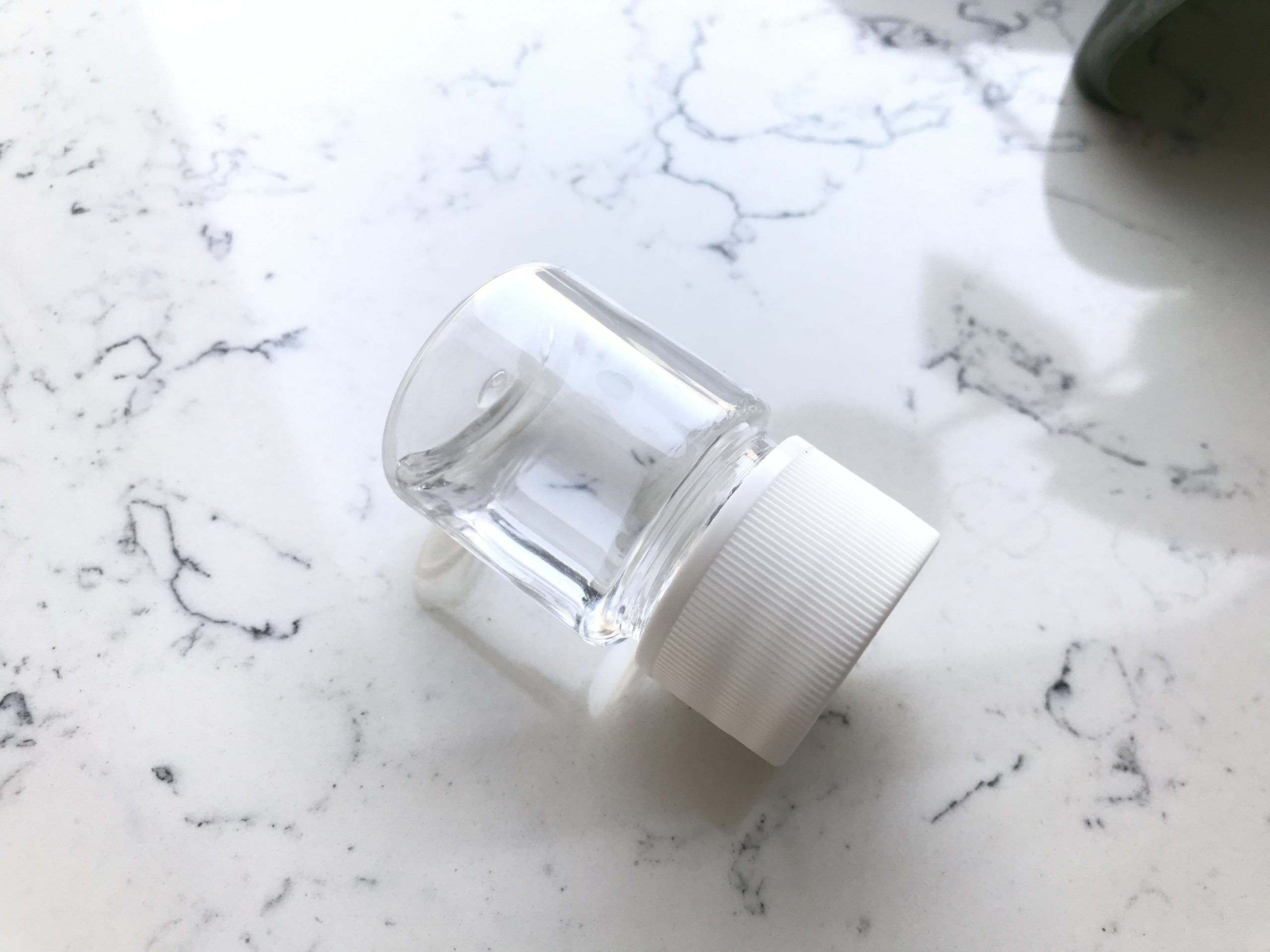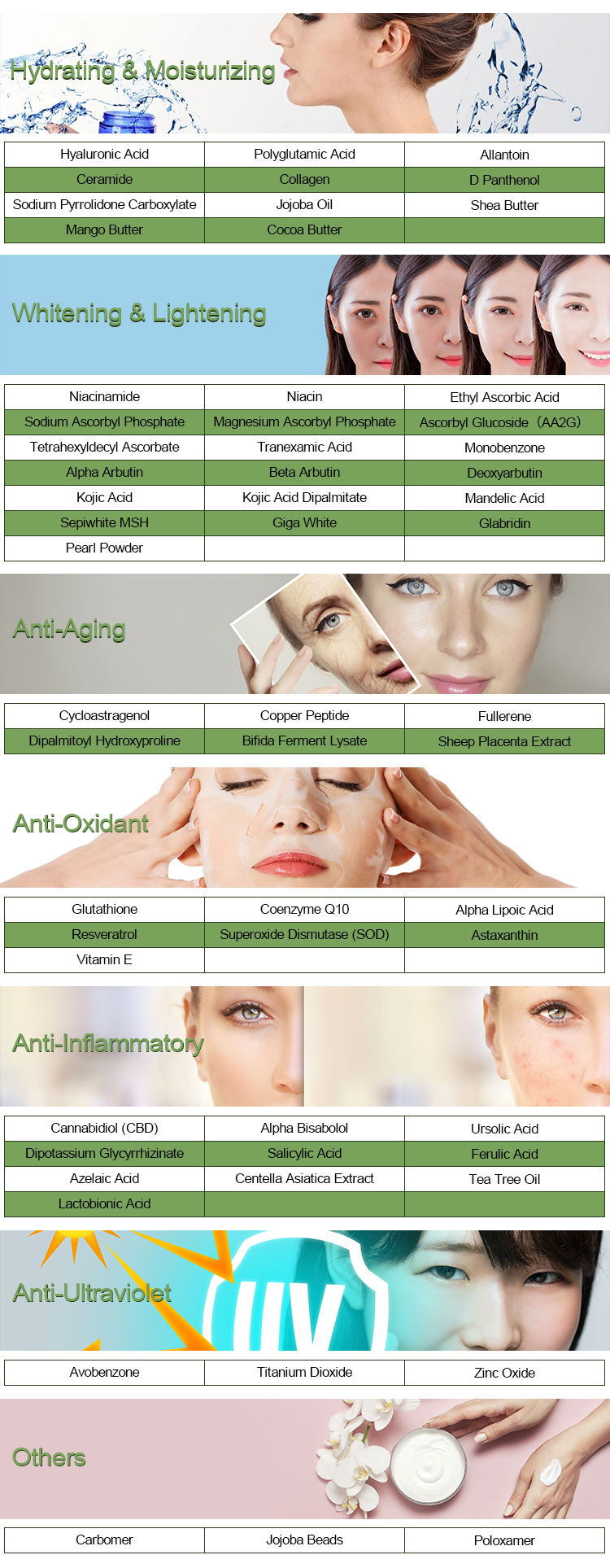Alpha bisabolol, a naturally occurring compound found primarily in chamomile (and in some other plants like the candeia tree), is known for its soothing, anti-inflammatory, and skin-healing properties. Several factors contribute to the higher price of alpha bisabolol:
1. Source & Extraction Process:
- Natural sourcing: Alpha bisabolol is extracted from natural sources like chamomile and the candeia tree (found in Brazil). The process of harvesting and extracting the compound from these plants can be labor-intensive and resource-heavy.
- Low yield: Only a small amount of alpha bisabolol can be extracted from a large quantity of raw plant material, making the extraction process less efficient, which drives up costs.
- Sustainability concerns: Extracting alpha bisabolol from the candeia tree raises environmental concerns, as the tree takes years to grow. Sustainable harvesting practices and reforestation programs add to the costs of production.

2. Synthetic Alternatives:
- While synthetic versions of alpha bisabolol exist, they are often less expensive but lack the purity and efficacy of the natural compound. Some consumers and manufacturers prefer the natural version due to its perceived higher quality and fewer potential irritants, leading to higher demand and price for the natural form.
3. Purity & Quality Control:
- Natural alpha bisabolol requires rigorous quality control to ensure its purity, which adds to the cost. Impurities can affect its performance in skincare products, so producers invest in refining and testing processes to ensure high standards.
4. Demand in Cosmetics & Pharmaceuticals:
- Alpha bisabolol is highly sought after in the cosmetic and pharmaceutical industries due to its multiple benefits for sensitive skin, including anti-inflammatory, anti-irritant, and antimicrobial properties. High demand for premium skincare formulations pushes the price up.

5. Limited Availability:
- Natural sources of alpha bisabolol are not as widely available as other ingredients. The limited geographical distribution of plants like the candeia tree, combined with ecological and legal constraints on harvesting, restricts supply.
These combined factors contribute to the higher cost of natural alpha bisabolol, making it more expensive compared to other common skincare ingredients.
